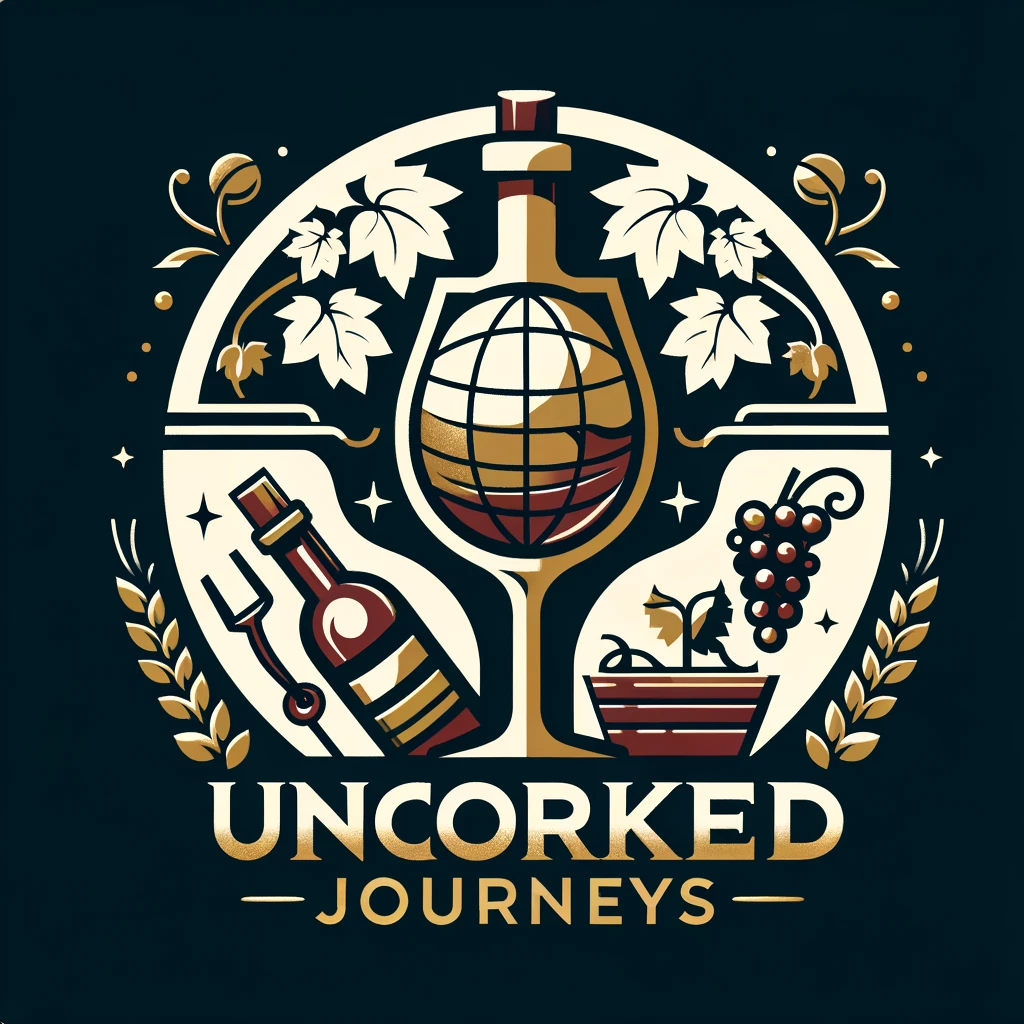Piedmont
Piedmont, nestled in the northwest corner of Italy, is a region celebrated for its exceptional wine culture and deep-rooted traditions in winemaking. The area is home to a remarkable tapestry of vineyards that produce some of the world’s most exquisite wines, revered by connoisseurs and casual enthusiasts alike. Piedmont's wine culture is characterized by meticulous attention to detail, a respect for heritage, and a passion for preserving the authenticity of its varietals. Family-run wineries often pass down their expertise through generations, ensuring that every bottle tells a story of the land and its people.
The history of winemaking in Piedmont dates back centuries, with records showing viticulture practices even before the Roman era. Over time, Piedmont has evolved into one of Italy's most prestigious wine regions, partly due to its strategic location at the foot of the Alps, where natural barriers shield it from harsh winds and provide a unique microclimate. The region gained international acclaim in the 19th century when its Barolo wines were dubbed the 'king of wines' and solidified Piedmont’s reputation as a powerhouse in the wine world.
Among the many noteworthy wines from Piedmont, Barolo and Barbaresco stand out as two of the most iconic. Both are crafted from the Nebbiolo grape, which thrives in the region’s limestone-rich soils. Barolo is known for its robust, tannic structure and complex aromas of rose, tar, and truffle, while Barbaresco offers a more elegant and approachable profile. Other celebrated wines include Dolcetto, with its vibrant fruitiness, Barbera, appreciated for its bright acidity, and the sparkling Moscato d’Asti, which enchants with its sweetness and delicate effervescence.
The soils and climate of Piedmont play a pivotal role in shaping the character of its wines. The region boasts a diverse terroir, ranging from sandy and calcareous soils in areas like Asti to clay-rich compositions in Barolo. This variety allows for a nuanced expression of grape characteristics, with Nebbiolo developing its trademark tannins and aromatic complexity in heavier soils, while Barbera and Dolcetto flourish in lighter, well-drained terrains. The cooler climate, tempered by the Alps and Po River Valley, ensures a long growing season, allowing grapes to develop a balanced profile of sugars, acids, and phenolic compounds.
What sets Piedmont apart is not just the quality of its wines but also the deep cultural connection the region shares with its vinous heritage. The practice of pairing wines with the region’s renowned cuisine, such as white truffles from Alba and rich agnolotti pasta, exemplifies how wine is an integral part of daily life and celebration. Festivals like the Alba White Truffle Fair and wine-tasting events in Langhe attract visitors from around the globe, offering a glimpse into the vibrant and communal spirit of Piedmont's wine culture.
Piedmont’s winemakers also take great pride in sustainable and organic practices, reflecting a commitment to preserving the natural beauty and health of their vineyards. Many producers in the region are adopting innovative techniques that blend modern science with traditional know-how, ensuring the longevity of their craft. This balance of innovation and tradition keeps Piedmont at the forefront of global winemaking while maintaining the authenticity and character that define its wines.
